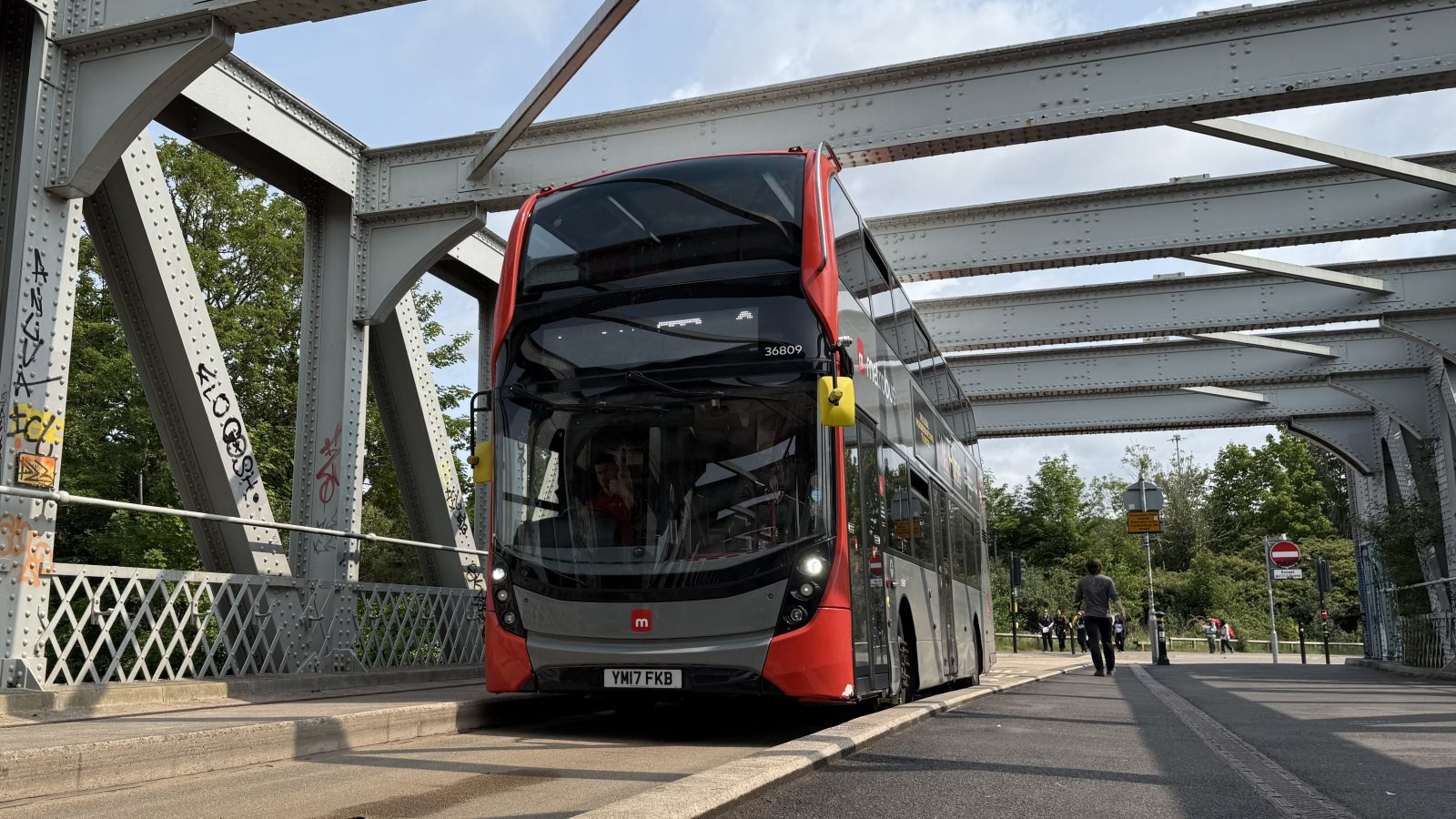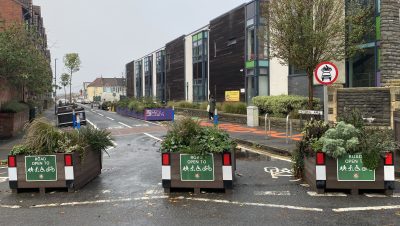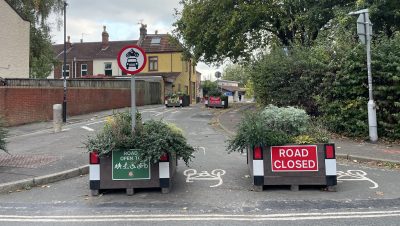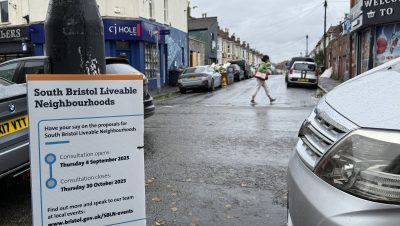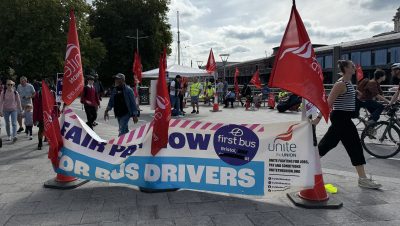Your say / Transport
‘Bristol’s current buses and future trams should not be in opposition’
The West of England recently woke to the welcome news that it is to receive £800m in government funding to invest in the public transport network over the next three to four years, equivalent to nearly £900 for each resident of the combined authority.
£0.8bn sounds a lot, and it comes on top of other significant sums provided by central government for sustainable transport in recent years, but transport infrastructure can be fabulously expensive to deliver.
£150m of the new money is identified for higher-frequency rail services, including on the planned route between the Brabazon new neighbourhood and Temple Meads.
is needed now More than ever
Improving on the current proposal for an initial hourly service is important. Brabazon will be home to 6,500 residents.
A more frequent service is essential to attract commuters to the city centre or visitors to the proposed Bristol Arena to travel by train.
There is less detail in the treasury announcement as to how the rest of the money will be spent, but most eye-catching is the £200m for “mass transit development between Bristol, Bath, South Gloucestershire and North Somerset”.
The word ‘development’ is a key one. Although feasibility studies have been undertaken, part of the money will need to be spent on detailed planning.
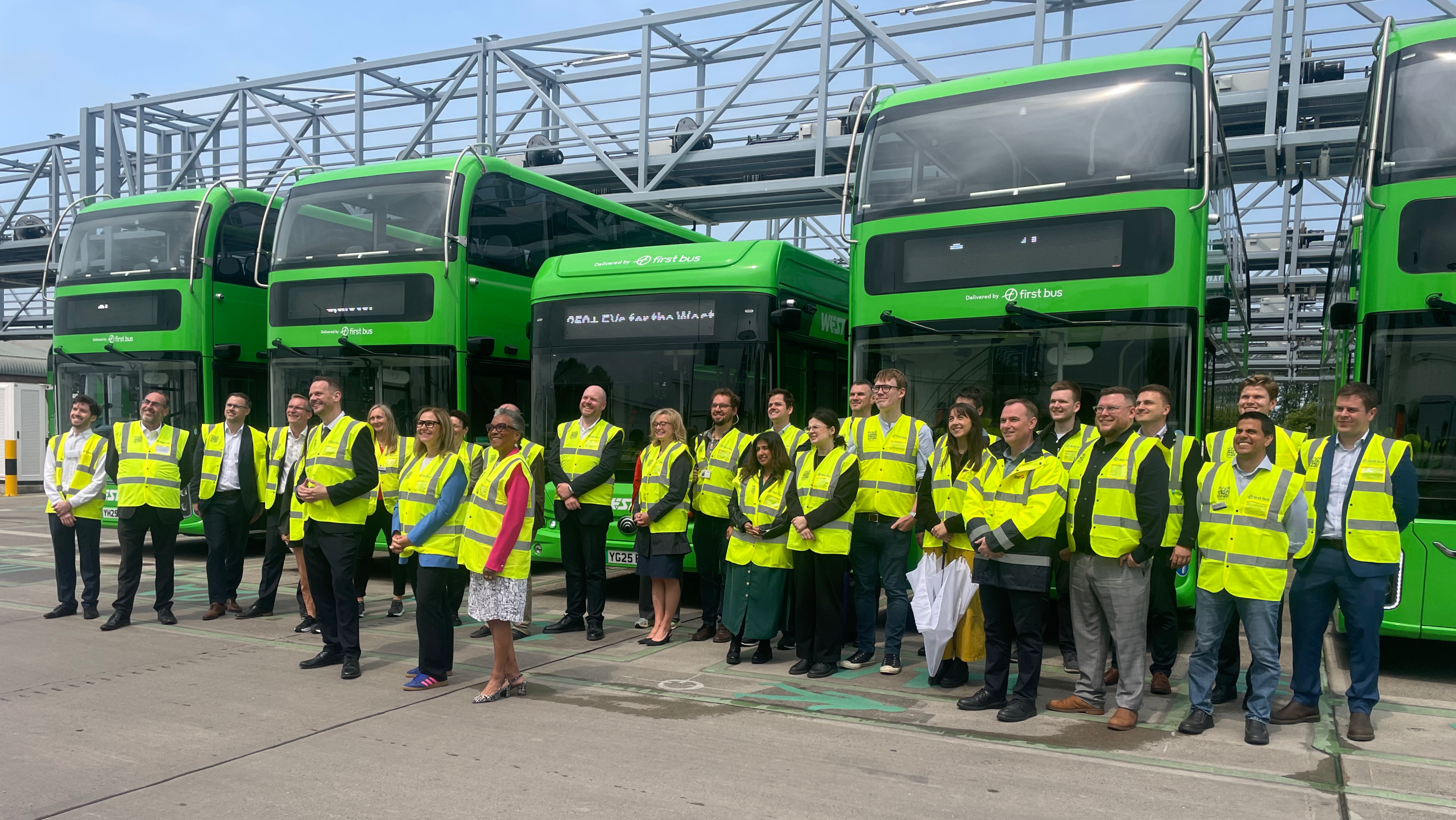
A fleet of electric buses were unveiled at Hengrove bus depot on June 3 – photo: Rhiannon Lodato
And if ‘mass transit’ means trams, then the UK experience is that the typical cost has been around £50m per km.
There are hopes that a new approach, being pioneered in Coventry, using ‘very light rail’ technology, can get those costs down to as little as £10m per km, but if the aim is for a West of England network, then a lot more funding will need to follow.
The political commitment would also need to remain solid over many mayoral mandates. Manchester began planning the first Metrolink line in the 1980s. It opened in 1992. The rest of the network has been assembled in stages over a period of more than three decades.
Trams have valuable practical features, such as high energy efficiency (provided they are well used), and high levels of comfort for passengers (provided too many people don’t use them at once!).
But some of the attractions are more psychological.
In the early 1990s, I wrote my doctoral thesis about the then-new South Yorkshire Supertram.
It became clear to me that the idea of trams captures the public imagination in a special way. They manage to encourage feelings of nostalgia, whilst at being seen as futuristic.
Because trams use fixed infrastructure, it is easy to observe where the routes go, and because that infrastructure is expensive, it can only be provided on limited corridors, so the networks are simple to understand.
For these reasons, trams are particularly welcomed by visitors to a city who want to go between the main facilities, or for those car-using residents who are not familiar with public transport.
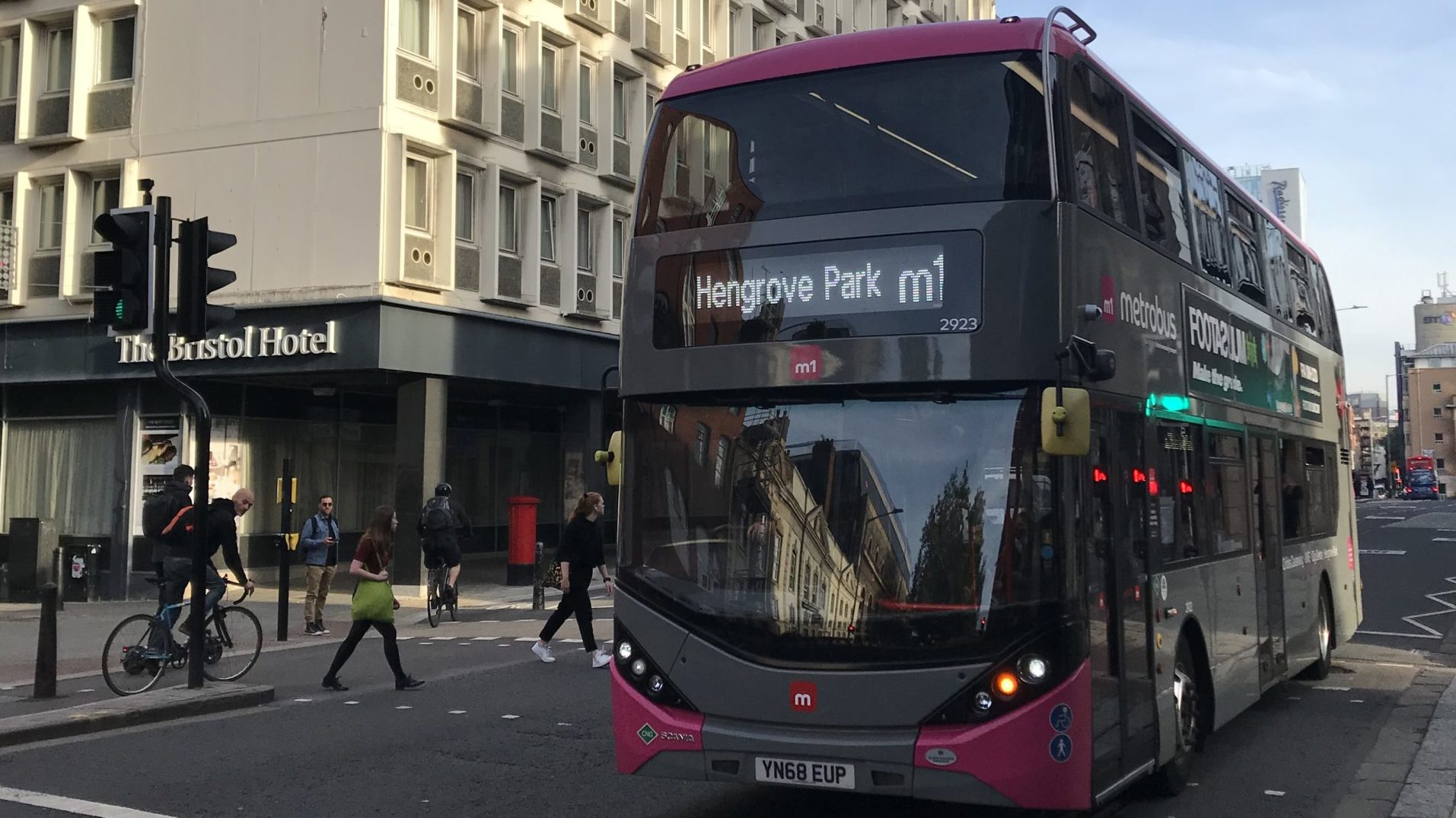
On Wednesday, chancellor Rachel Reeves announced that the WECA area will receive a £800m investment in transport – photo: Martin Booth
But although trams might win over some car users that buses don’t attract, currently, the car represents the biggest challenge to introducing trams.
On some measures, Bristol remains the most car-dependent of the large UK cities. Running a tram down a corridor like the Gloucester Road would provide a service where people want to go, but space for other traffic would need to be restricted both during and after construction.
The difficulty of negotiating sufficient priority on street led to interest for a time in the expensive possibility of going underground.
The more realistic option is to create space on-street by reducing traffic, by building on successes in promoting the other forms of transport.
Metrobus has shown that investment in buses, including providing effective priorities, can increase use. Similar standards need to be achieved on all the region’s services.
Buses and trams are not in opposition. The majority of future users of a tram will transfer from existing public transport services. Manchester has the best-used tram system in the UK, but bus trips in Greater Manchester are still more than double the tram and local train trips combined.
Growing bus use will support the case for a core network of trams, whilst buses will continue to be essential alongside trams and trains in providing the fine-grain connections, demand-responsive and night services in an integrated network.
So, while £200m maybe identified for mass transit development, the future of that proposal perhaps relies more on how the £550m is spent on important but less eye-catching upgrades which can bring benefits to impatient travellers sooner.
This is an opinion piece by Graham Parkhurst, professor of sustainability at UWE’s Centre for Transport & Society
Main photo: Martin Booth
Read next:
 Our newsletters emailed directly to you
Our newsletters emailed directly to you